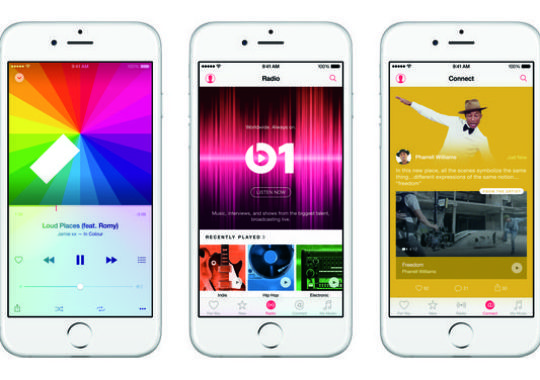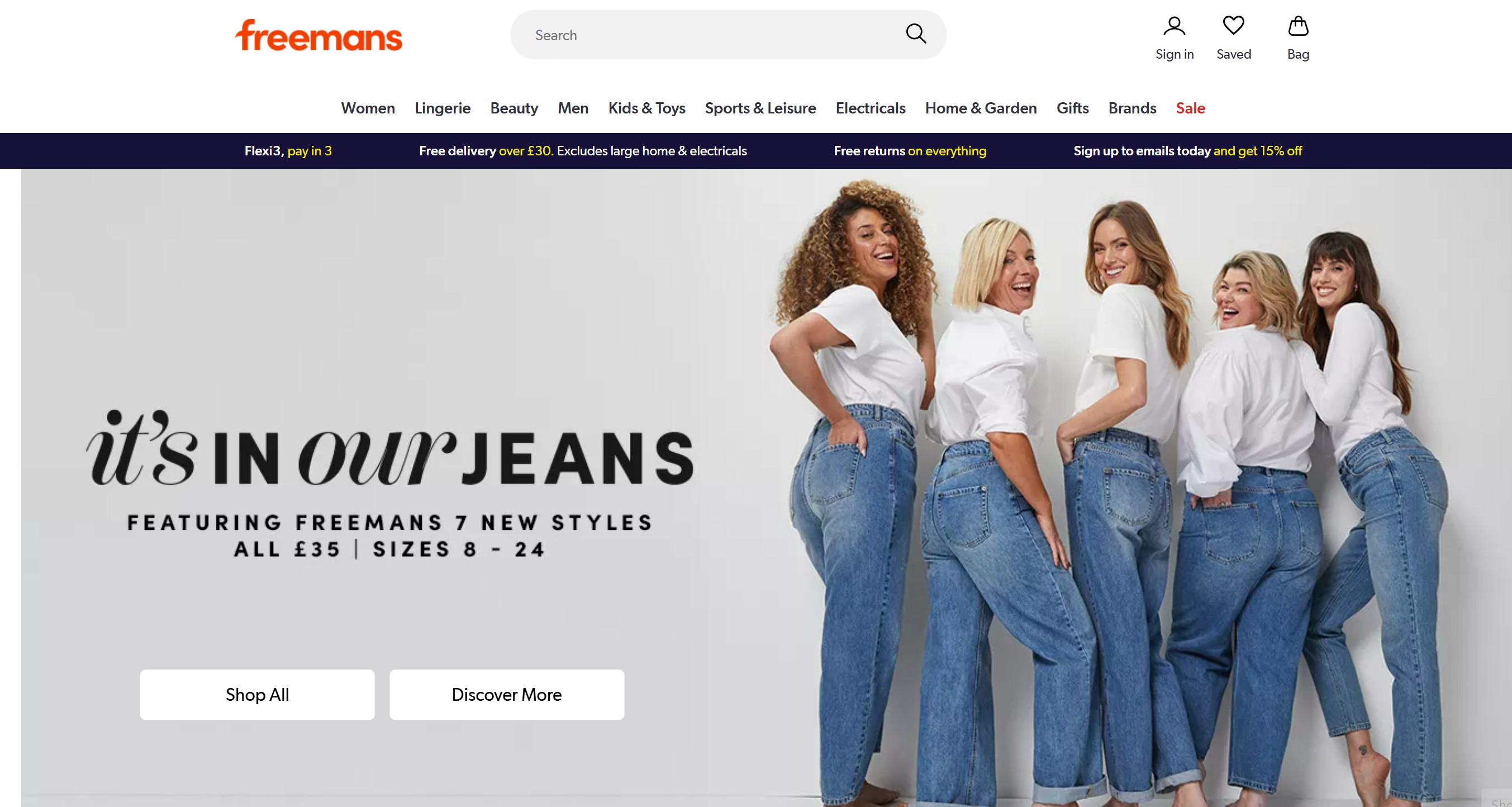It‘s been a little over a month since Apple introduced its new streaming-music service to the market, which is currently saturated with Spotify, but it has already managed attract 11m trial members.
“We’re thrilled with the numbers so far,” says Eddy Cue, Apple’s Senior Vice President of Internet software and services, who told USA Today that of that sum, 2m users have opted for the more lucrative family plan at $14.99 a month for up to six people.
Apple Music costs $9.99 a month for individual access to some 30m songs as well as a live radio station but the tech giant is offering the first three months since launch for free.
“What we’re about it’s not just tech and utility, we are all about entertainment, being fluid,” comments longtime record producer Jimmy Iovine, who became an Apple employee when Apple bought Beats Electronics, founded by Iovine and rapper Dr. Dre, for $3bn last year.
“For many people outside of the U.S. (Apple Music launched in 100 countries), you still have to explain what it is and how it works,” he says. “Beyond that, there’s still the issue of winning over Millennials, who never pay for music, by showing them you’re offering something that will improve their lives. And finally, there are people out there who I think understand its value, but we still have to go out and get them.”
Iovine is convinced that Apple Music will disrupt the industry in the same way iTunes did.
“We think we have hit a nerve,” says Iovine. “This isn’t just about providing access to music, this is about building a community. From the artist-community side, I’m hearing a sigh of relief, that now finally they have tools they can use to access their fans. To Apple’s credit, they move like lightning. You get what you give.”





